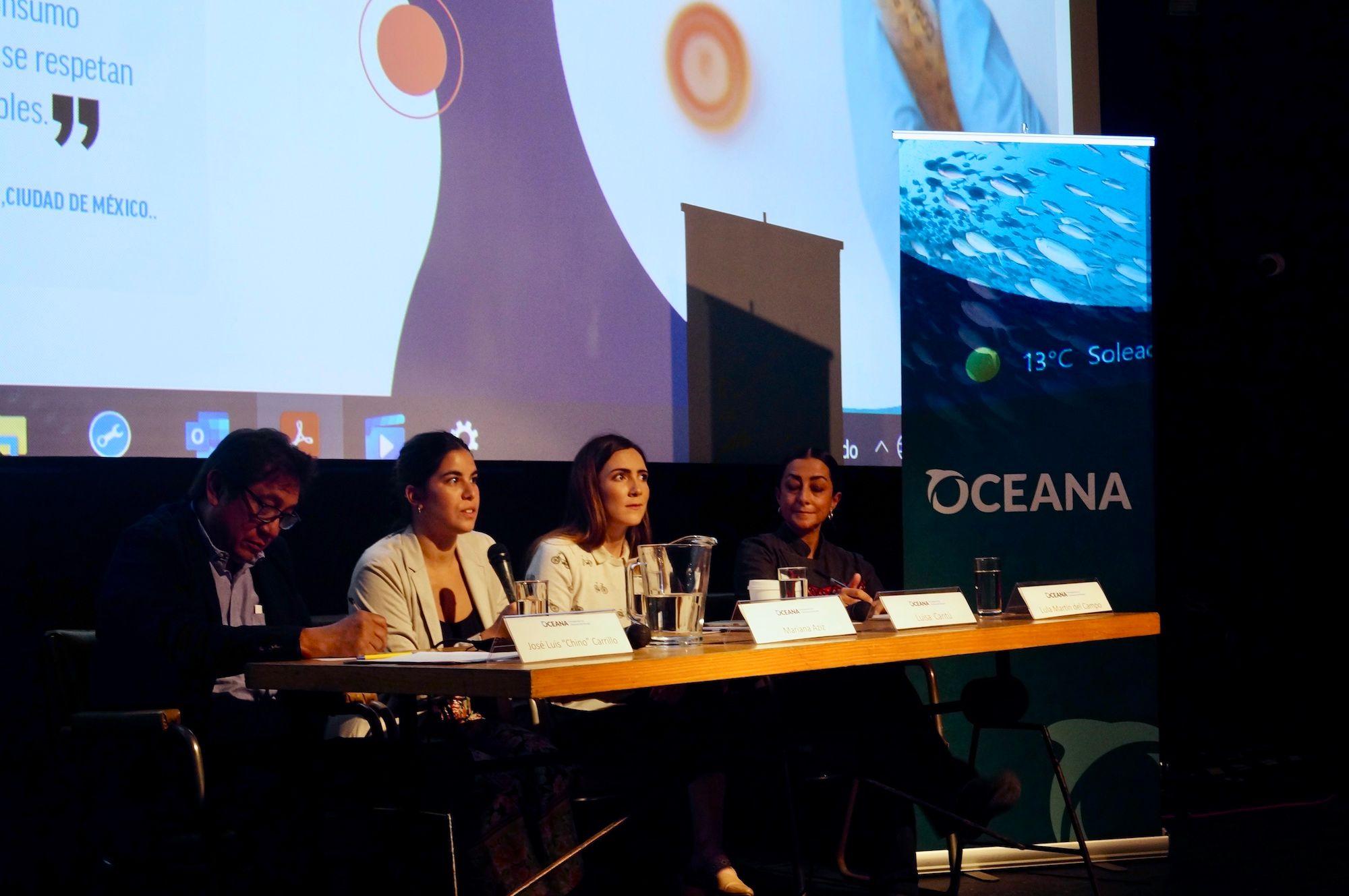In Mexico, the lack of traceability to know what fish goes from the sea to the plate has allowed supermarkets, fishmongers and restaurants to sell different types of fish that are replaced by other marine species, according to the report “GatoxHare: Fraud Detectives”, published by the organization Oceana.
The study, undertaken since 2018, shows the substitution of species in Mexico City and Mérida, Yucatán by up to 31% and 37%, respectively. This is the case of the blacktip shark, gracile shark and blue shark that are traded as dogs or cod; or the case of the huachinango that is replaced with catfish, a species with an economic value that can be up to three times lower.
“This problem worries us a lot because of the effects it has on the health of the seas, on consumers and on fishing communities... If we don't know what species it is, where it comes from, how it was caught, it could be that it comes from prohibited areas and even without respecting closed periods affecting conservation efforts...”, explained Mariana Aziz, Director of Transparency at Oceana.
Of the substitution rates, it is analyzed that 40% of restaurants use this practice; fishmongers between 43% and 59%, while supermarkets can incur up to 17%.
In turn, the replacement is considered to have different modalities. When a species with a lower value is sold as a more expensive one; when an imported or aquaculture species occurs as if it had been caught in Mexican seas, or when endangered or illegally captured species are sold.
“In this type of substitution, many tell us that they sell us a national species such as curvina or sole, and in reality what we receive is an imported one, the base that we receive from China and Vietnam and that they occupy spaces in markets that could be for national species, however, we unknowingly consume these species and generate unfair competition,” Aziz added.
As part of the solutions to this problem, the report “GatoxLiebre: Fraud Detectives” highlights the importance of traceability, a tool that allows us to know the food process from its capture until it reaches consumers.
“It's a matter of food security, species from the sea must be in the basic basket and for that we must promote programs and generate a culture of consumption, because often it's not even just the seller's responsibility, it's the lack of experience and knowledge of the buyer,” said José Luis Carrillo, president of the Mexican Confederation of Fisheries and Aquaculture Cooperatives (Conmecoop).
Since 2021, fishing communities, government and civil society organizations have participated in the development of the Official Mexican Standard for the Traceability of Fish and Seafood (NOM-038-SAG/PESC-2021) to allow citizens to have tools to identify the product from its origin.
However, since March of last year, it has been held by the National Aquaculture and Fisheries Commission (Conapesca) without any response regarding the status.



Comentarios (0)